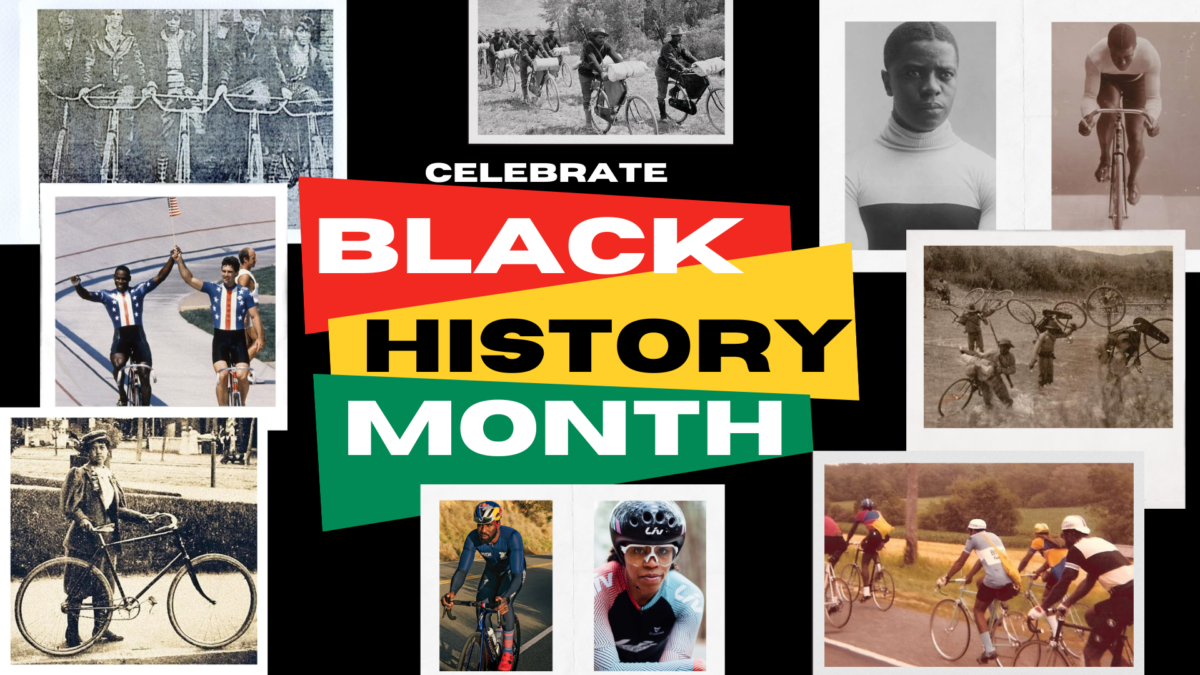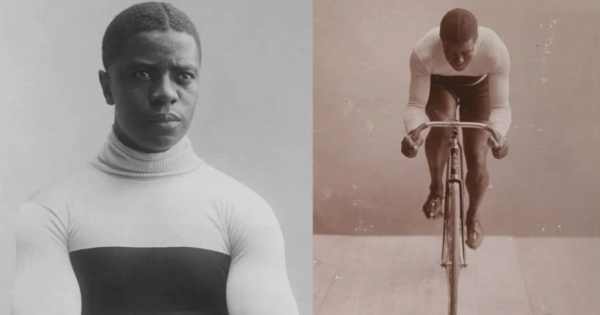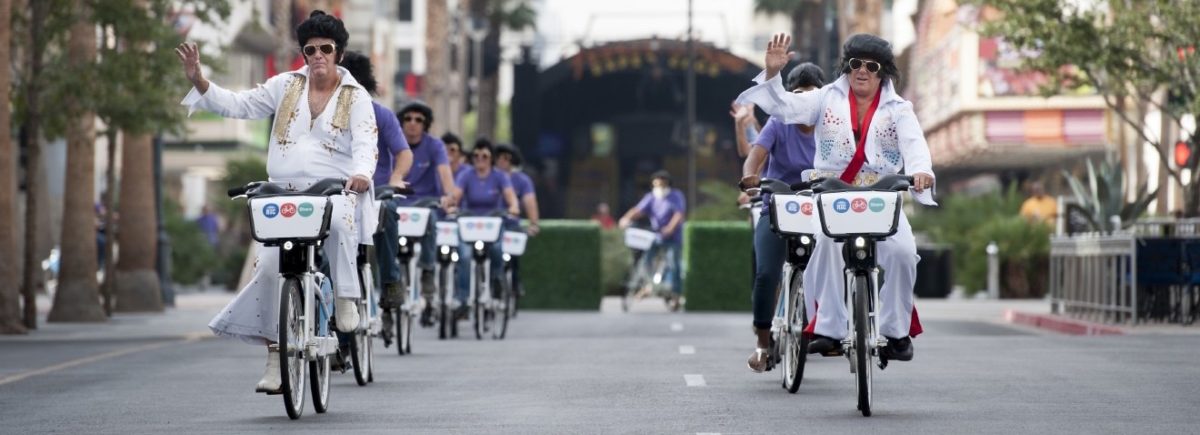
In honor of Black History Month, we wanted to take a moment to reflect on a few of the many stories of Black cyclists who have inspired change for Black people in the cycling world for Black people across the U.S.

Katherine T. “Kittie” Knox worked as a seamstress in the late 19th century. In 1884, after discovering a passion for cycling, she challenged the League of American Wheelmen’s policy of excluding Black people from membership by participating in cycling races. Eventually becoming the first Black American member of the league, Kittie’s bravery and efforts to advocate for the desegregation of the League of American Wheelmen contributed to a more inclusive and equitable future for cycling. In 1993, the name of the league was changed to League of American Bicyclists. The 1884 ban on Black people was officially lifted in 1999. Kittie Knox is now celebrated as a champion of racial and gender equality in bicycling.

Today we have championed Black cyclists like Nelson Vails (the first and only Black Olympic medalist from the USA in cycling) and Ayesha McGowan (USA’s first Black Pro Woman Cyclist) in large thanks to Marshall Walter “Major” Taylor. Widely known as a cycling legend and one of the greatest cyclists of his era, Major competed in the late 19th and early 20th centuries. Despite facing significant racial discrimination, including being banned from races and facing threats and violence, Major went on to become one of the most successful cyclists of his time and was known as the “Fastest Bicycle Rider in the World.” He won numerous races and broke several world records, becoming a pioneering figure in the sport of cycling and an inspiring figure for Black Americans and people around the world.

From creating cycling clubs and organized races as a way to promote physical fitness and community building to embracing cycling as a form of resistance against segregation and racism, the history of Black Americans in cycling is one of resilience and perseverance in the face of adversity. Despite facing a multitude of challenges and discrimination, Black cyclists in America have made significant contributions to the sport of cycling and have continued to celebrate the freedom and empowerment that comes from riding a bike.

